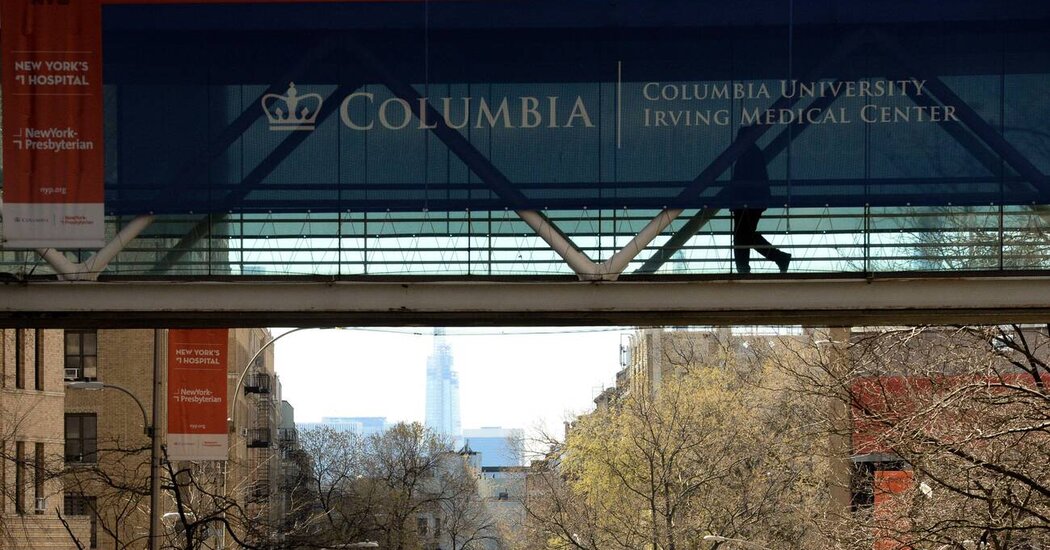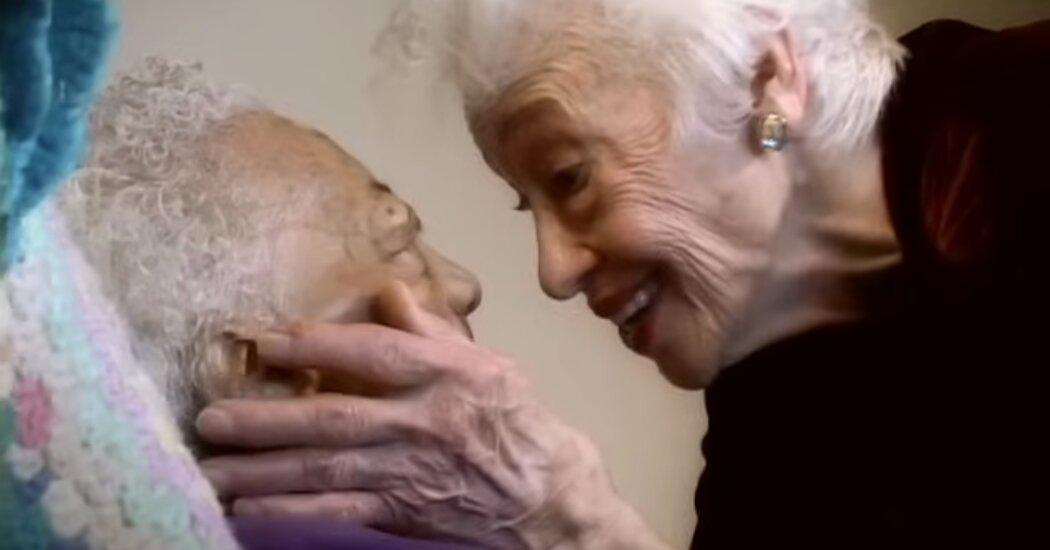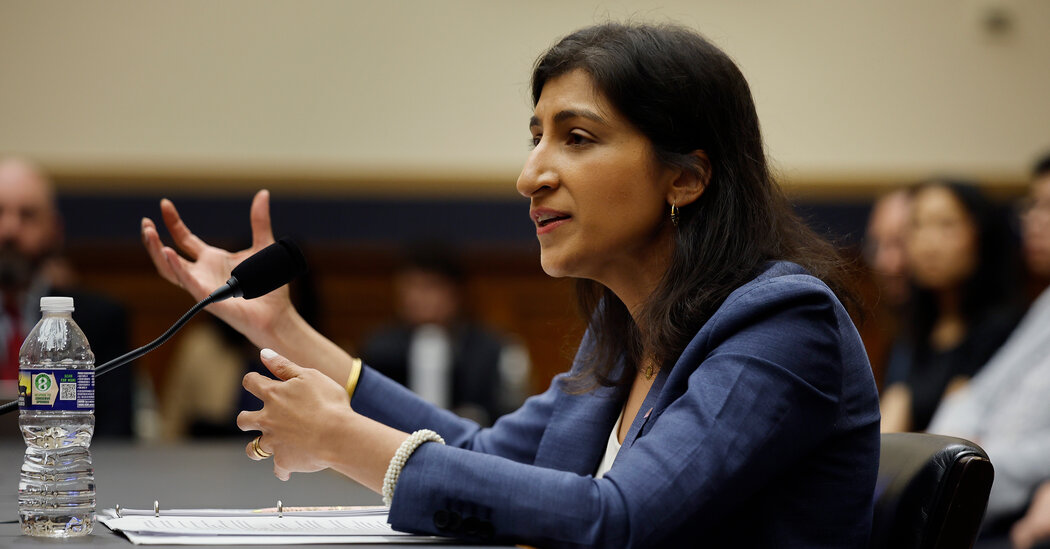One set of 10 articles identified by Dr. David showed repeated reuse of identical or overlapping black-and-white images of cancer cells supposedly under different experimental conditions, he said.
“There’s no reason to have done that unless you weren’t doing the work,” Dr. David said.
One of those papers, published in 2012, was formally tagged with corrections. Unlike later studies, which were largely overseen by Dr. Yoon in New York, this paper was written by South Korea-based scientists, including Changhwan Yoon, who then worked in Seoul.
An immunologist in Norway randomly selected the paper as part of a screening of copied data in cancer journals. That led the paper’s publisher, the medical journal Oncogene, to add corrections in 2016.
But the journal did not catch all of the duplicated data, Dr. David said. And, he said, images from the study later turned up in identical form in another paper that remains uncorrected.
Copied cancer data kept recurring, Dr. David said. A picture of a small red tumor from a 2017 study reappeared in papers in 2020 and 2021 under different descriptions, he said. A ruler included in the pictures for scale wound up in two different positions.
The 2020 study included another tumor image that Dr. David said appeared to be a mirror image of one previously published by Dr. Yoon’s lab. And the 2021 study featured a color version of a tumor that had appeared in an earlier paper atop a different section of ruler, Dr. David said.
“This is another example where this looks intentionally done,” Dr. Bik said.
The researchers were faced with more serious action when the publisher Elsevier withdrew the stomach cancer study that had been published online in 2021. “The editors determined that the article violated journal publishing ethics guidelines,” Elsevier said.
Roland Herzog, the editor of Molecular Therapy, the journal where the article appeared, said that “image duplications were noticed” as part of a process of screening for discrepancies that the journal has since continued to beef up.
Because the problems were detected before the study was ever published in the print journal, Elsevier’s policy dictated that the article be taken down and no explanation posted online.
But that decision appeared to conflict with industry guidelines from the Committee on Publication Ethics. Posting articles online “usually constitutes publication,” those guidelines state. And when publishers pull such articles, the guidelines say, they should keep the work online for the sake of transparency and post “a clear notice of retraction.”
Dr. Herzog said he personally hoped that such an explanation could still be posted for the stomach cancer study. The journal editors and Elsevier, he said, are examining possible options.
The editors notified Dr. Yoon and Changhwan Yoon of the article’s removal, but neither scientist alerted Memorial Sloan Kettering, the hospital said. Columbia did not say whether it had been told.







